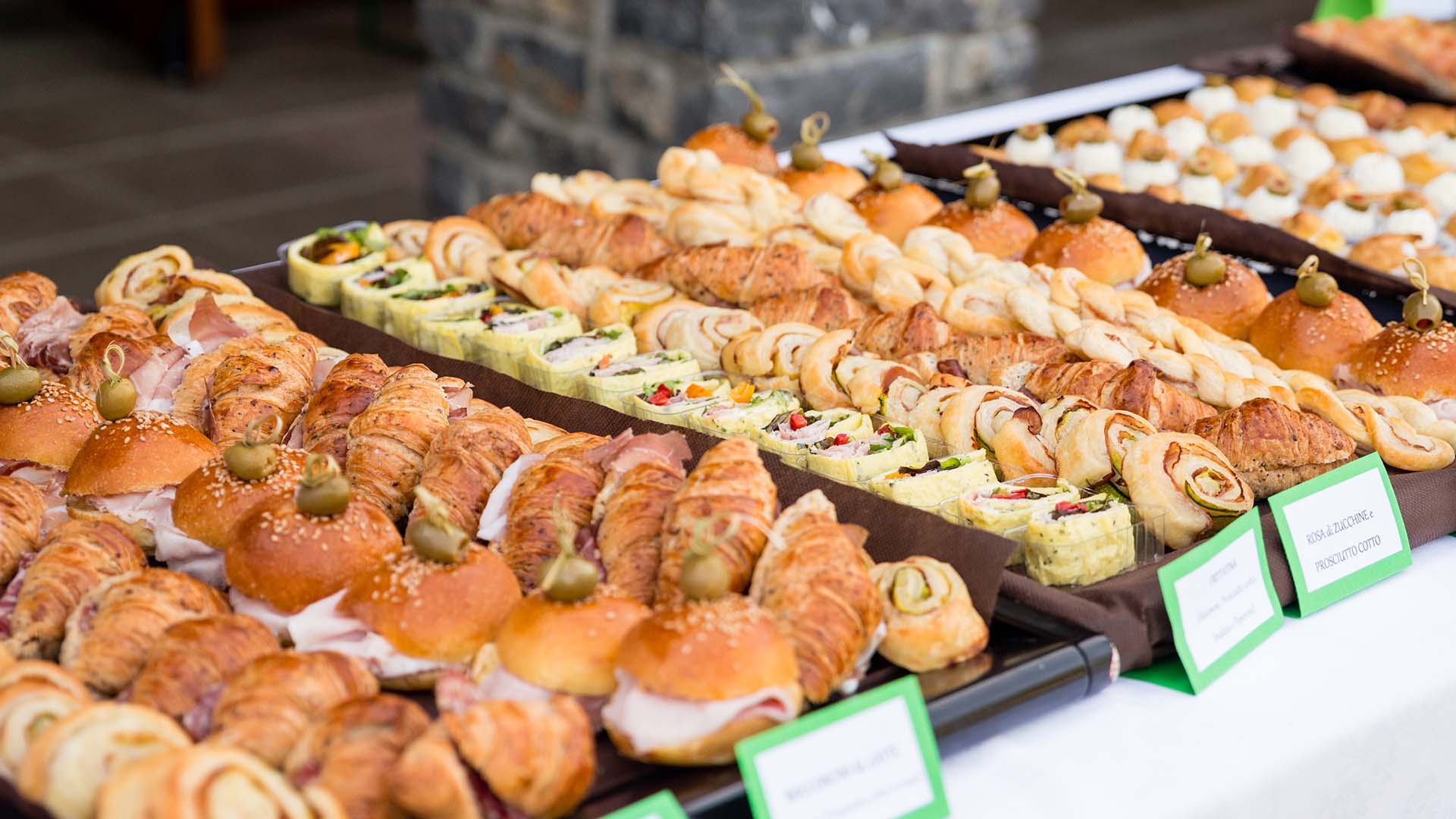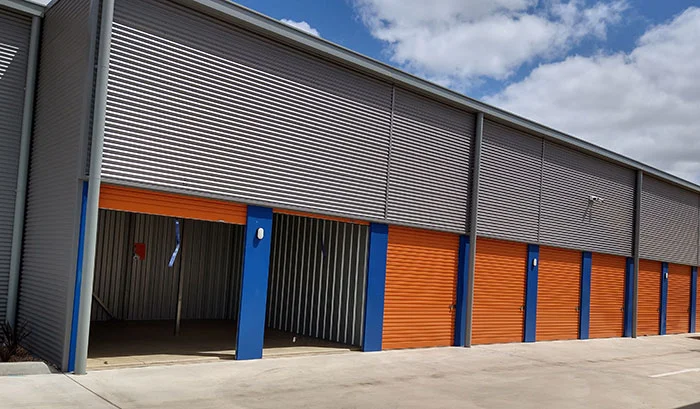In a nutshell, catering is the business of providing food service to remote locations. It is not just limited to events like weddings, birthday parties, and business meetings. In fact, Catering can take place anywhere. However, there are a few things that you should know before hiring a catering company. These include the costs of the food, the minimum order requirements, and the licensing requirements.
When planning a catering event, the cost of food is an important consideration. While some types of foods are expensive, others are relatively cheap. A fillet mignon may cost $20 per person, while a hamburger might cost $10 or $12. Also, consider that the style of your catering event will affect the overall cost. Gourmet menus are more expensive than simple ones, and you may have to spend extra to get certain ingredients.
Whether you’re planning a cocktail hour, after-party desserts, or a formal sit-down dinner, great food is always a big part of the event. But, if you want to make sure the food is delicious without breaking your budget, you need to understand how much it costs.
Food costs can vary widely, so knowing how much each type of food will cost can help you keep your cash flow happy and stay in business. In most cases, it’s simple to create an accurate estimate and turn it into an invoice. The process of costing your menu items is made easier by automatic inventory control software.
If you’re planning a wedding, keep in mind that certain dates are more expensive than others. For example, weddings held on Saturdays during the summer months will cost more than those held on weekdays. It is also important to consider the seasonality of certain items. In addition to these factors, caterers might charge extra if you’ve requested a specific brand or special diet. Some caterers even charge additional fees for certain services, such as cutting a cake.
There are a variety of state, county, and city licensing requirements that you must meet in order to operate a catering business. You will need to obtain a liquor license and a permit for each function you plan to cater. In addition to these requirements, the health department may inspect you and your business for various reasons.
The first step in opening a catering business is to obtain the appropriate licenses. You will need to know where you want to operate and what type of food you plan to prepare. You may also need to be aware of any zoning or environmental regulations. Furthermore, you will need to choose a legal entity and tax designation. In general, the best legal entity to use is a limited liability company, because there are fewer requirements and restrictions.
If you plan to serve alcohol, you may need to complete an alcohol safety class in addition to your food preparation courses. In many cases, a culinary school is not necessary for a catering license, but it will help you demonstrate a thorough understanding of health and safety regulations. There are a variety of culinary schools, ranging from community colleges to prestigious cooking schools around the world. Once you decide which type of food you will serve, you can find a culinary school program that fits your business needs. Additionally, you will need a business license and permit, which are usually handled by a local government agency.
You must obtain a food permit from your county health department to operate a catering business. You can do this by filling out an application for a Fixed/Permanent Food Establishment or a Modified Review Plan Request. If you use a commissary kitchen, you will need to fill out a form for this as well. The application process requires you to submit your equipment list, menu, and transportation to serve your customers. You must also be familiar with the local codes and ensure that your food service complies with all of them.



